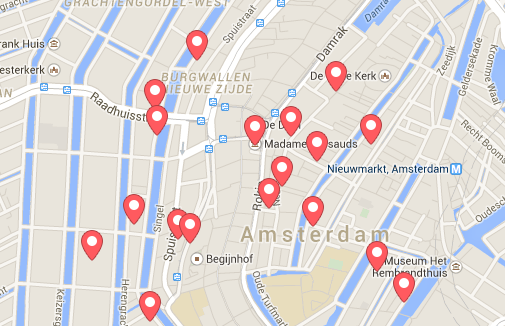No party manifesto takes on sharing economy firms

No party manifesto deals explicitly with sharing economy companies such as Airbnb, Uber and SnappCar, writes the AD on Friday.
But Bas Straathof, from the CPB Netherlands Bureau for Economic Policy Analysis, told the paper that this must be part of their thinking. ‘In the coming years, politicians will really have to think about whether they want to regulate the sharing economy, and the way they want to do this,’ he told the AD.
Amsterdam was one of the first cities in the world to insist that Airbnb home rentals be limited to 60 days a year and four guests, and earlier this year imposed a record €297,000 fine on a landlord and agency breaching these rules. Taxi platform Uber dropped its Dutch Uberpop service in 2015, after a court ruled it was illegal for unlicenced drivers to use their own cars as taxis.
But some experts told the AD they were concerned that the lack of thought for the growing sharing economy could stymie innovation.
Koen Frenken, a professor in innovation studies at Utrecht University believes the next cabinet should prioritise innovation, using things like consumer reviews to check service quality on shared economy platforms.
‘One of the main innovations of the economic affairs ministry has been the Right to Challenge, an experiment for new platforms,’ he told the AD, referring to a 2015 initiative intended to allow local residents to propose better ways to govern.
‘The PvdA and SP are in favour of more regulation and enforcement, while GroenLinks and the VVD would rather loosen the reins…Most parties agree there should be clear rules about tax evasion and unfair competition.’
Thank you for donating to DutchNews.nl.
We could not provide the Dutch News service, and keep it free of charge, without the generous support of our readers. Your donations allow us to report on issues you tell us matter, and provide you with a summary of the most important Dutch news each day.
Make a donation